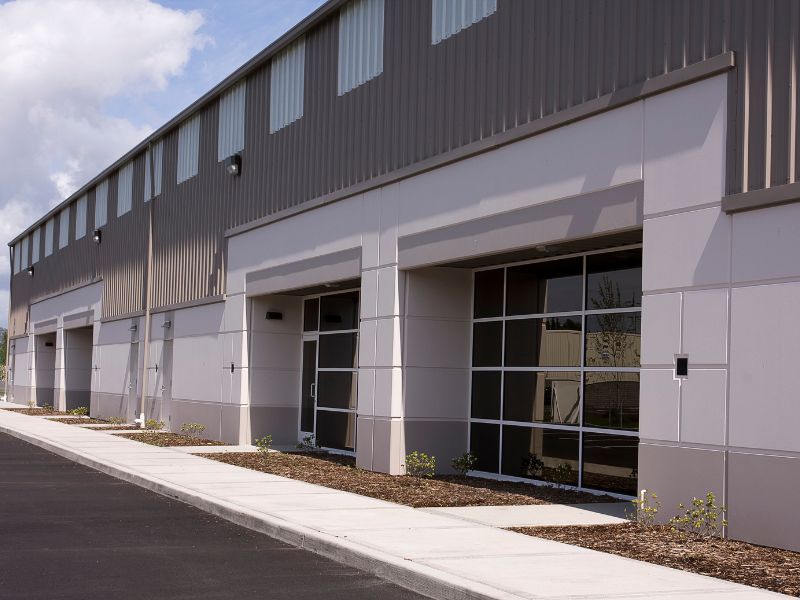

If you own an office that currently doesn’t have a tenant, then it would be considered an unoccupied commercial property. Similarly, the same would apply to a factory, warehouse, garage or indeed any building that is usually used for a commercial purpose. If it is standing unoccupied for longer than a number of consecutive days (typically 30-45 days), then it falls within this category.
This means that at this time, your existing buildings insurance cover will be restricted in the protection it offers – or may even become invalid. This is because unoccupied properties typically pose a greater risk to insurers than those that are occupied.
This can be for several reasons, some of which are:
- An empty property may be at increased risk of vandalism including arson attacks;
- Pipes and essential services can potentially fall into disrepair causing burst pipes or gas leakages – this can also occur due to freezing;
- Gutters, drains and external outlets may become blocked which can lead to drainage issues;
- General maintenance items can be overlooked which may lead to an increased risk for persons visiting the premises – slip, trip, falling hazards for example;
- There may be a delay in discovering any loss or damage.
Notify your insurer
A typical commercial landlord insurance policy requires that you notify your insurer when the premises becomes unoccupied. At that time, the insurer may apply cover restrictions, which, depending on the length of unoccupancy, may not be appropriate for your needs.
If this is the case, then it can make sense to consider a specialist commercial unoccupied insurance policy.
Typical benefits of this type of policy may include:
- a basic level of indemnity for your building which may typically include fire, lightning, explosion and aircraft cover;
- malicious damage;
- theft cover for fixtures and fittings may also be available.
It is important, when seeking insurance for an unoccupied commercial building, to provide as much information as possible to your insurer. They may, for example, want to know what your long terms plans for occupation are and if you have any maintenance works due. You may also, amongst other information, need to disclose any loss of income that you might experience whilst the property remains unoccupied.
Keeping your property safe
There are several things that you can do to assist in the protection of an unoccupied property. These precautions and others may form part of the policy terms agreed with your unoccupied property insurer.
Some examples of recommended precautions:
- ensure that the property is visited regularly and these visits are logged;
- make sure that the physical security of all doors and windows is suitable;
- maintain both the interior and exterior regularly – this may reduce the attraction of the property to squatters given that it is not currently illegal to squat in commercial properties;
- clear the exterior of any flammable substances;
- drain any pipes or heating systems that may be affected by freezing;
- turn off the electricity and gas services if they are unused;
- block up any outlets like letter boxes or access panels – apart from the risk of arson attacks, these can provide entry for pests;
- do not leave any valuables in the premises.
A more in-depth guide, produced by the British Security Industry Association, can be found here.
Finding the most appropriate cover
Due to the increased risks associated with unoccupied premises, finding appropriate insurance cover can be challenging. In this regard, you may find it beneficial to seek the advice of a specialist landlord insurance broker. Aside from doing the legwork in finding the most suitable and cost-effective product, they can also assist with any policy terms and restrictions. A specialist broker may typically have access to a wide range of insurance cover options and will be able help you to obtain the most appropriate terms and cover for your needs
Note: If you do not comply with the requirements set by your insurer, then you may risk non-payment of any claims and/or invalidation of your policy.